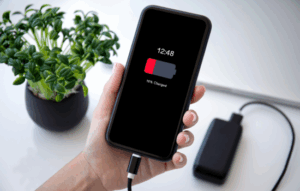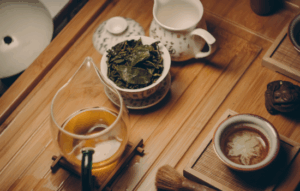Advertisements
Detailed analysis of the three leading apps
1. Simply Piano (Android / iOS)
Approach: Step-by-step learning for beginners and intermediate hobbyists.
Advertisements
Strengths
- Ultra-short lessons (5-10 minutes) that facilitate frequent study.
- Popular songs: Disney, classic rock, current pop… all segmented by difficulty.
- Thematic courses: basic chords, left hand accompaniment, double-stave reading, arpeggio techniques.
- “Five-Minute Workouts”: daily micro-exercises focused on fingering or reading intervals.
- Listen mode: The app waits for your interpretation before moving forward, avoiding the frustration of falling behind.
Weak points
- Advanced levels require a Premium subscription.
- Some versions of famous songs are simplified, which may disappoint intermediate pianists.
See also
Advertisements
- Radio Amador App
- Radio app on cell phone
- 5 natural foods to regulate blood sugar
- Turn your phone into a DJ mixer with these apps
- Monitor WhatsApp and Track Your Child's Cell Phone
2. Piano Academy (Android / iOS)
Approach: Combine instrumental practice with solid theoretical foundations and auditory training.
Strengths
- Professional video lessons showing posture, wrist relaxation and dynamic control.
- Interactive solfeggio exercises: The score scrolls as you play, marking correct and incorrect beats.
- Quiz Mode: Quick questions about intervals, chords, and key signatures to reinforce theory.
- Improvisation sections: backing tracks to practice scales and comping (accompaniment).
- Absolute and relative pitch tracking with progressive testing.
Weak points
- Requires more time per session; less suitable for those looking to “just play songs.”
- The interface is less “playful” than Simply Piano or Yousician, which may discourage little ones.
3. Yousician (Android / iOS)
Approach: Multi-platform learning (piano, guitar, bass, ukulele, singing) with a strong gamification component.
Strengths
- Level system similar to a video game with daily missions and weekly challenges.
- Fast note recognition with a “Guitar Hero” type visual that highlights each key to be pressed.
- Schools of style: classical, pop, blues, jazz, chord accompaniment and composition.
- Rhythm training: exercises with metronome and percussion patterns to internalize complex time signatures.
- Global community: competitions, tops and the possibility of sharing recordings.
Weak points
- “Premium+” subscription price higher than the competition.
- It may be too “playful” for those seeking a rigorous academic approach.
Quick comparison
| Function | Simply Piano | Piano Academy | Yousician |
|---|---|---|---|
| Microphone recognition | ✔️ | ✔️ | ✔️ |
| MIDI compatibility | ✔️ | ✔️ | ✔️ |
| Intense gamification | Average | Low | High |
| Deep music theory | Average | High | Average |
| Current pop songs | High | Average | High |
| Average annual price* | $$ | $$ | $$$ |
*Prices vary by region and promotions.
Testimonials from real users
Laura, 32 years old, beginner
“I started Simply Piano during the pandemic. Within three months, I was already playing 'Let It Be.' The short lesson system helped me practice every day, even while working remotely.”
Carlos, 45 years old, intermediate amateur
“Piano Academy finally allowed me to understand seventh chords and inversions. The integrated theory and explanatory videos were the perfect way to stop learning by rote.”
Mariela, 14 years old, gamer and musician
“I love Yousician because it feels like a game. The weekly challenges motivate me to excel and compete with my friends.”




